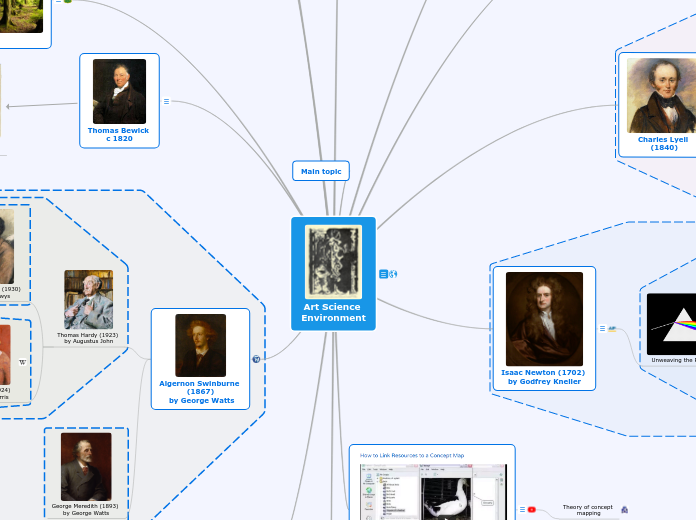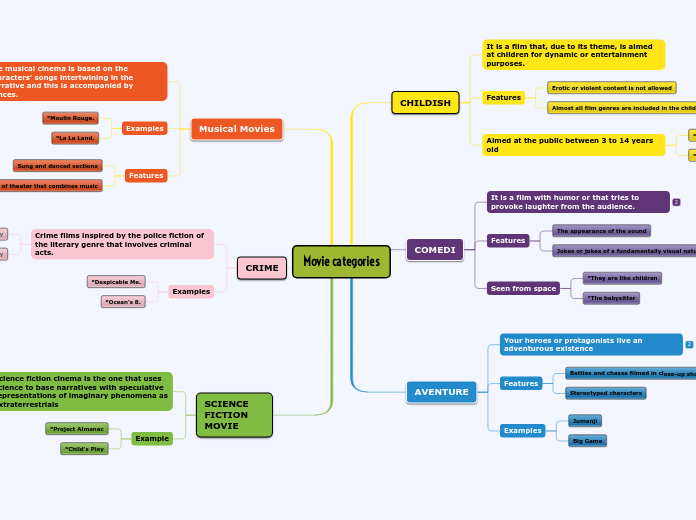Things to Remember
In the Middle Ages, spiritual and religious basis for punishment was joined to the political and social organization of feudalism to produce the beginnings of the criminal justice system.
The end of the Middle Ages in Europe brought the beginning of the modern search for natural explanations of the phenomenon called crime. An age of great humanists who were interested in human character and personality, society and politics.
Over the long span of our human history, going as far back even to ancient times, many of the world's greatest thinkers have addressed the subject of crime and criminals
Evolution of Criminological Theory
CONCLUSION
Main points of evaluation
Main points of analysis
Objective
Aim
Recap
Main topic
INTRODUCTION
REASONING
What was the reasoning behind these choices?
CONTENT
What research, studies, philosophies, theories, evidence have you analysed, evaluated, explored, discussed in an attempt to answer the question?
CONTEXT
In what context does the question relate to?
OBJECTIVES
How might you answer the question?
AIMS
What is the question asking?
DESCRIPTION
Criminological Theory
Multi-disciplinary approach to understanding crime and deviance
Theoretical perspectives on the subject of crime and delinquency
An attempt to explain crime and delinquency
COMPARE/CONTRAST
Focus of Analysis
The Offender
Crime and delinquency of biologically, psychologically and socially determined
Focus of Analysis
Definition of Crime
CRITICAL EVALUATION
Positivism
The first half of the 19th century witnessed the beginning of a rapid growth in scientific advancement and the adoption of scientific methodology as a tool of investigation.
Inevitably, this extended to include the very nature of humanity itself.
All of the doubts surrounding earlier explanations were eventually confirmed by the publication of the book by Charles Darwin (1802-82) in 1859, On the Origins of Species.
One of the main beliefs of a positivist approach is that the notion of behaviour is ‘determined’.
Biological positivism was first popularized through the work of Cesare Lombroso (1835-1909), based on research into the physical characteristics of criminals.
In his ‘criminal anthropology’, the main argument was that a general theory of crime could be developed on the basis of measurable physical differences between the criminal and the non-criminal.
Classical School
The classical school grew out of the work of a collection of radical thinkers and philosophers who were primarily of the view that social issues and problems could be adequately addressed through rationality, as opposed to tradition, religion or superstition.
Cesare Beccaria (1764), an Italian writer who sought to change the excessive and cruel punishments of the late 17th and early 18th century by applying the rationalist, social contract ideas to crime and criminal justice.
These two great revolutions, French and American were both guided by naturalistic ideas of the social contract philosophers.
Jeremy Bentham (1748-1832) who formulated the principles of utilitarianism was of the opinion that the only logical way to deter crime was to ensure that the amount of pain derived from the forbidden activity was greater than the amount of pleasure.
Social Contract Theorists
According to Hobbes, that is the role of the state: Everyone who agrees to the social contract also agrees to grant the state the right to use force to maintain the contract.
Utopian writers took the position that humans are basically good and that this basic goodness would emerge under the proper social conditions.
CRITICAL ANALYSIS
Birth of Criminological Thought
Criminology begins with an idea of why something happens, how it happens and to what effect.
Explanations were now needed to be proven by evidence or facts.
Impact of Empiricism?
By the eighteenth century, scientific authority began to displace religious authority, and the disciplines of alchemy and astrology lost scientific credibility.
The scientific revolution saw the creation of the first scientific societies.
Empiricism
The scientific history of the Age of Enlightenment traces developments in science and technology during the Age of Reason, when Enlightenment ideas and ideals were being disseminated across Europe and North America.
Historical Origins
as a discipline Criminology has evolved and developed over time









